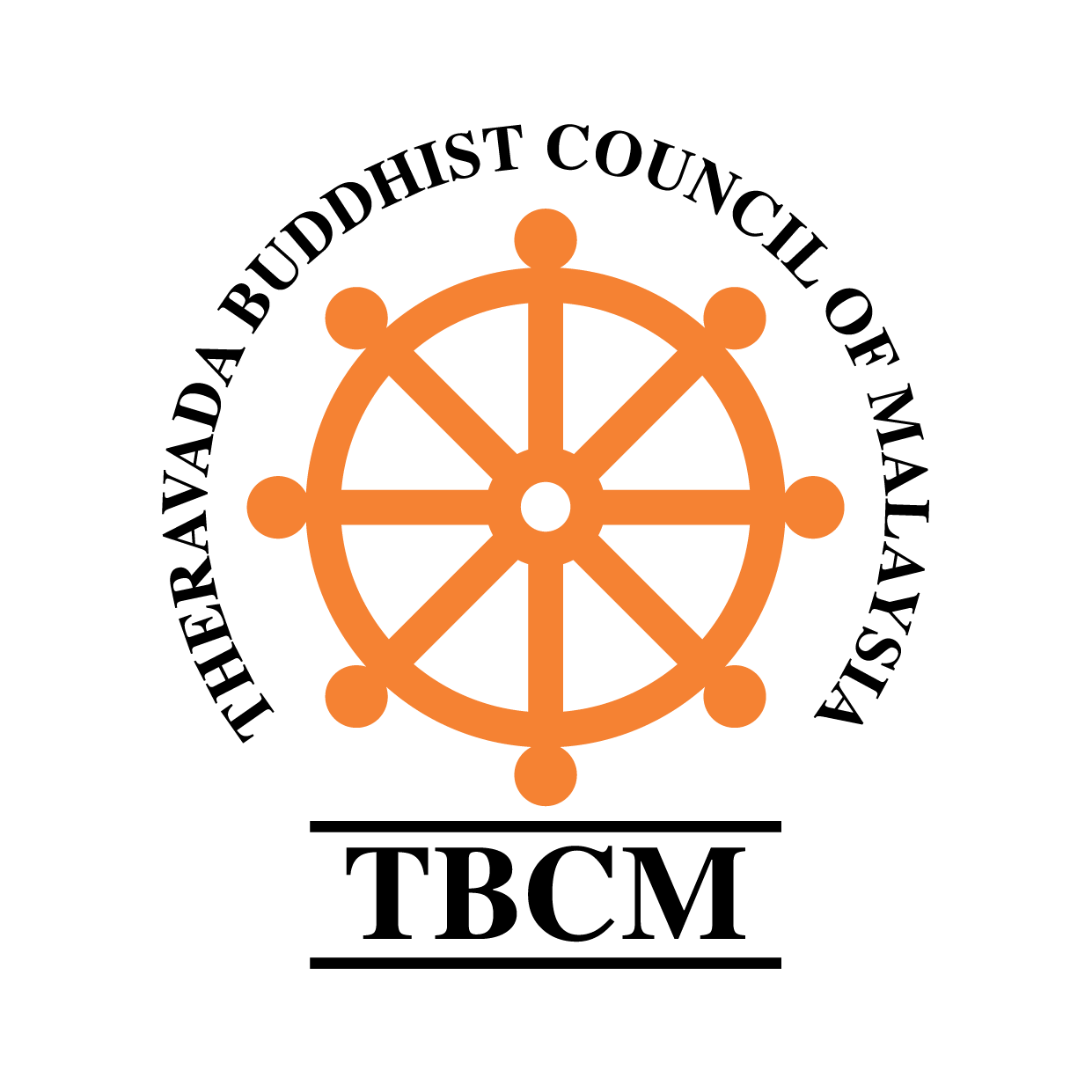A Message to Theravāda Buddhists by Kumara Bhikkhu 给上座部佛教徒的信息
It’s amazing how traditions tend to obscure the very teachings they claim to uphold. This phenomenon is seen in all long-established faiths or religions. A faith or religion that is “generally accepted or approved” is said to be “orthodox”. This word is usually viewed by religious people in a commendatory way, because it also means “following the older, more traditional practices strictly”.
However, they forget that orthodoxy too is impermanent. What is orthodox now isn’t the same as what was orthodox in the past. Moreover, what is orthodox here isn’t the same as what is orthodox elsewhere. So, ultimately, orthodoxy is merely a state of being generally accepted or approved within a certain group at a certain time.
It is said that the Buddha did not teach Buddhism. He taught the Dhamma. Then as his teaching got transmitted through the generations and to different places, various Buddhisms emerged. Some have died and some flourished, which then led to newer Buddhisms.
To those who call themselves “Theravāda Buddhists”, please understand that what we now call “Theravāda” is among the newer Buddhisms. You can say it is “orthodox”, and indeed it is—in both senses of the word (“generally accepted or approved” and “following the older, more traditional practices strictly”). Just remember though that the “older, more traditional practices” it follows strictly aren’t very old, and certainly not the same as the original.
Remember the Buddha’s advice to the Kālāmas? The same advice should also be applied to what we now call “Theravāda Buddhism”. After all, what we want is to follow a teaching that leads to welfare and happiness. This is also one among the criteria for acceptance given by the Buddha to the Kālāmas.
For the sake of our own long-term welfare and happiness, we need to avoid getting hung up over labels and sources, and instead focus on the core teachings of the Dhamma. As taught in Kālāma Sutta, a teaching that conduces to our welfare and happiness is about non-greed, non-aversion, and non-delusion. These are the ultimate criteria we should go by as Buddhists.
In conclusion, let us not confuse the map with the territory. Theravāda Buddhism, like any tradition, is a helpful tool, but the destination we seek is liberation from suffering. Let us approach the Dhamma with a critical mind, focused on principles that bring welfare and happiness, not clinging to tradition for tradition’s sake. By following the path of non-greed, non-aversion, and non-delusion, we honour the true spirit of the Buddha’s message, and work for our liberation.
Writer's profile: https://justpaste.it/kumara
给上座部佛教徒的信息
令人惊奇的是,传统派系往往会掩盖它们所声称要维护的教义。这种现象出现在所有历史悠久的信仰或宗教中。“普遍被接受或认可”的信仰或宗教被称为“正统”。宗教人士通常从正面看待这个词,因为它也有“严格遵循较古老、较传统的做法”的意思。
然而,他们忘记了所谓的“正统”也是无常的。现在的正统与过去的正统并不相同。此外,这里的正统与别处的正统也不一样。因此,归根到底,“正统”只是在某个时期被某个群体普遍接受或认可的一种状态而已。
有人说,佛陀没有传授佛教。他传授的是佛法。随着他的教义代代相传,流传到不同的地方,出现了各种佛教。有的已经消亡,有的则发扬光大,从而产生了更新的佛教。
对于自称为“上座部佛教徒”的人,请理解这点:我们现在称为“上座部”的其实是“更新的佛教”的其中一种。你可以说它是“正统”的,而事实上它确实是,在这一词的两个意义上(“普遍被接受或认可” 和 “严格遵循较古老、较传统的做法”)都是。但请记住,它所严格遵循的“较古老、较传统的做法”并不十分古老,而且肯定与原始佛教不相同。
还记得佛陀对迦兰摩人的忠告吗?同样的忠告也应适用于我们现在所称的“上座部佛教”。毕竟,我们想要遵循的是一种能带来幸福和快乐的教义。这也是佛陀给予迦兰摩人的其中一个接受的标准。
为了自身长远的幸福和快乐,我们需要避免纠结于标签和来源,而应专注于佛法的核心教义。正如《迦兰摩经》中所教导的那样,让我们导向于利益和快乐的教义是无贪、无嗔和无痴。这些是我们作为佛教徒应遵循的终极标准。
最后,让我们不混淆地图与地方。上座部佛教和其他传统一样,是一种有用的工具,但我们所追求的目标是从痛苦中解脱出来。让我们以批判的心态来着手于佛法,专注于能带来利益和快乐的原则,而不是为了传统而执着于传统。以遵循无贪、无嗔、无痴的道路,我们才是尊敬佛陀教诲的真正精神,并为解脱而努力。
作者简介: https://justpaste.it/kumara
